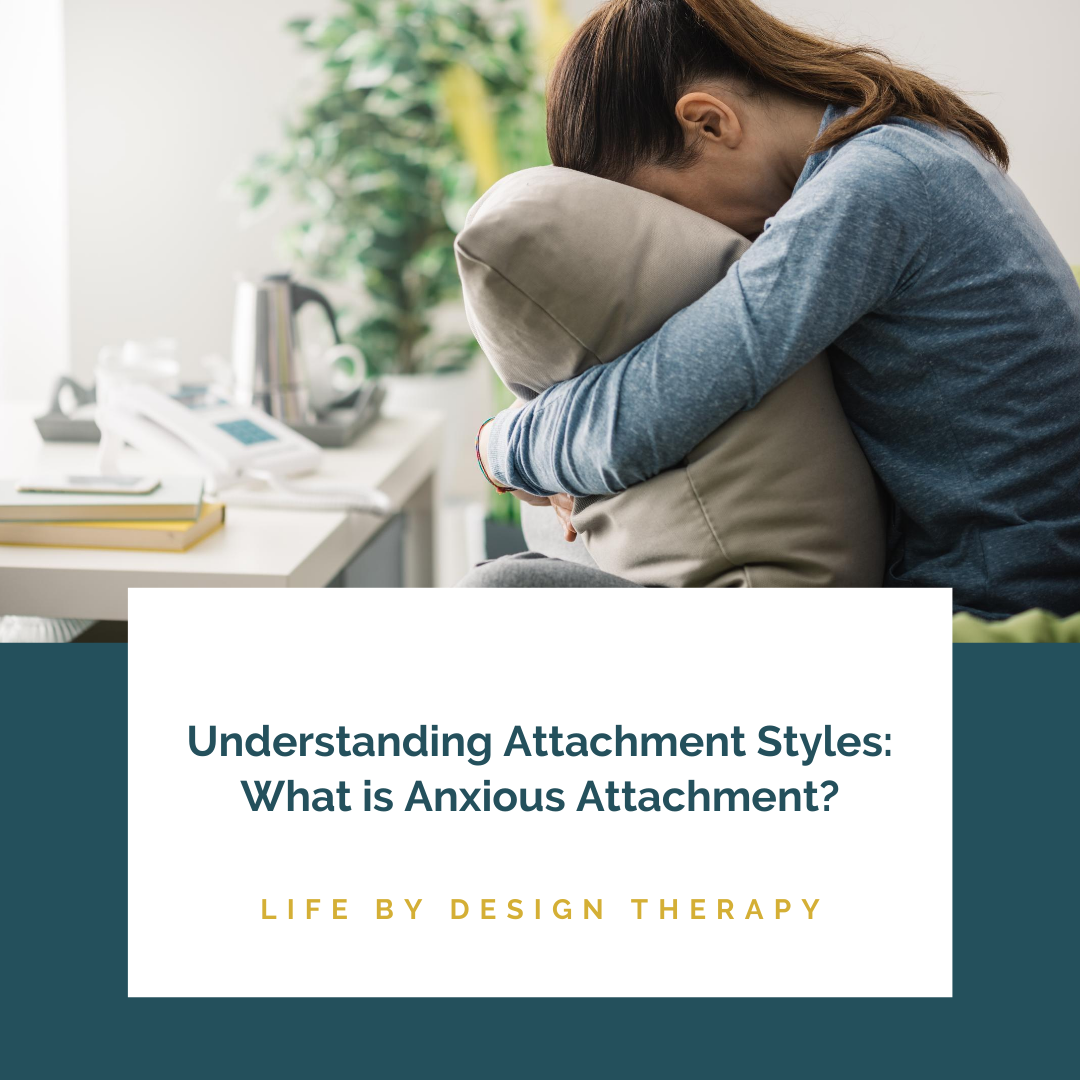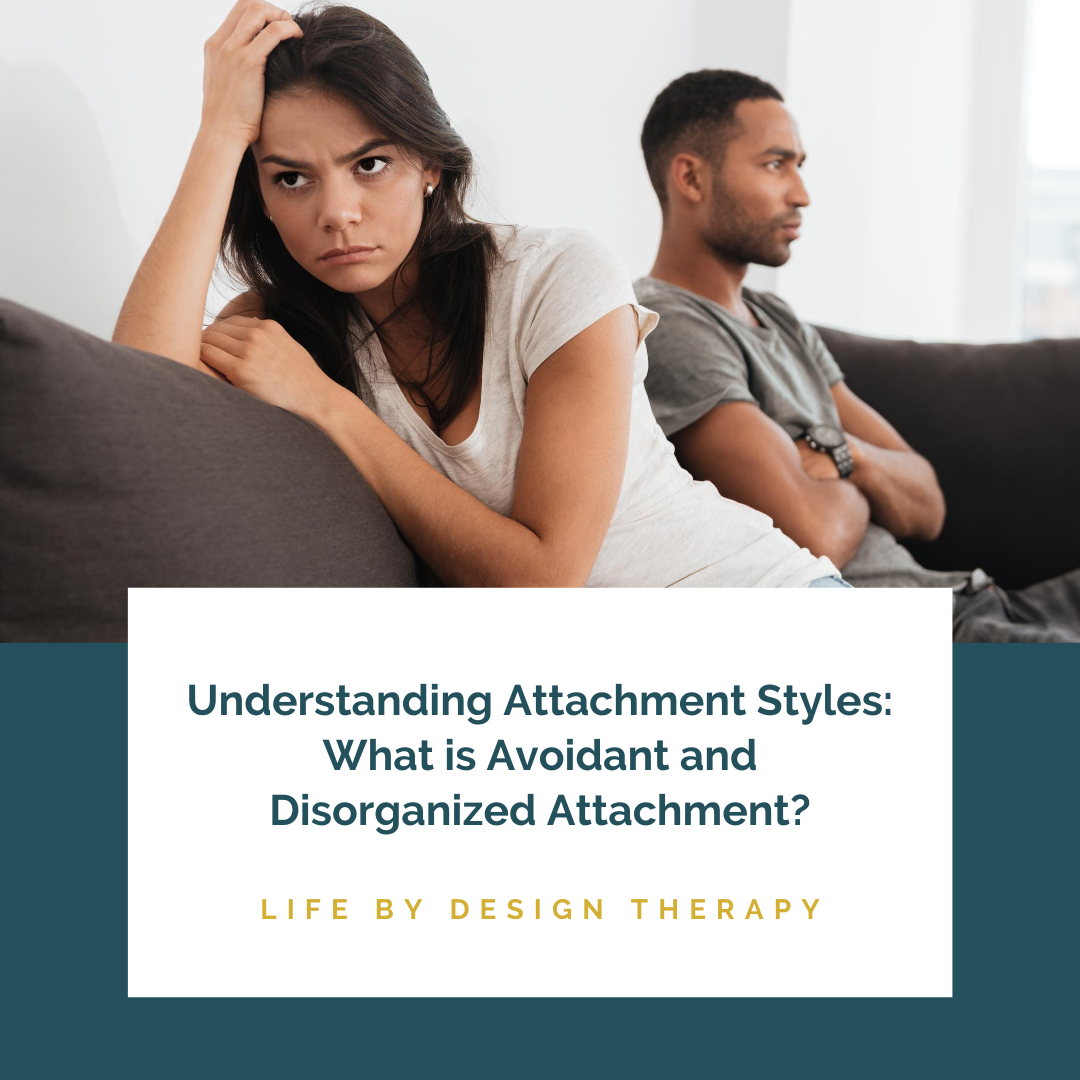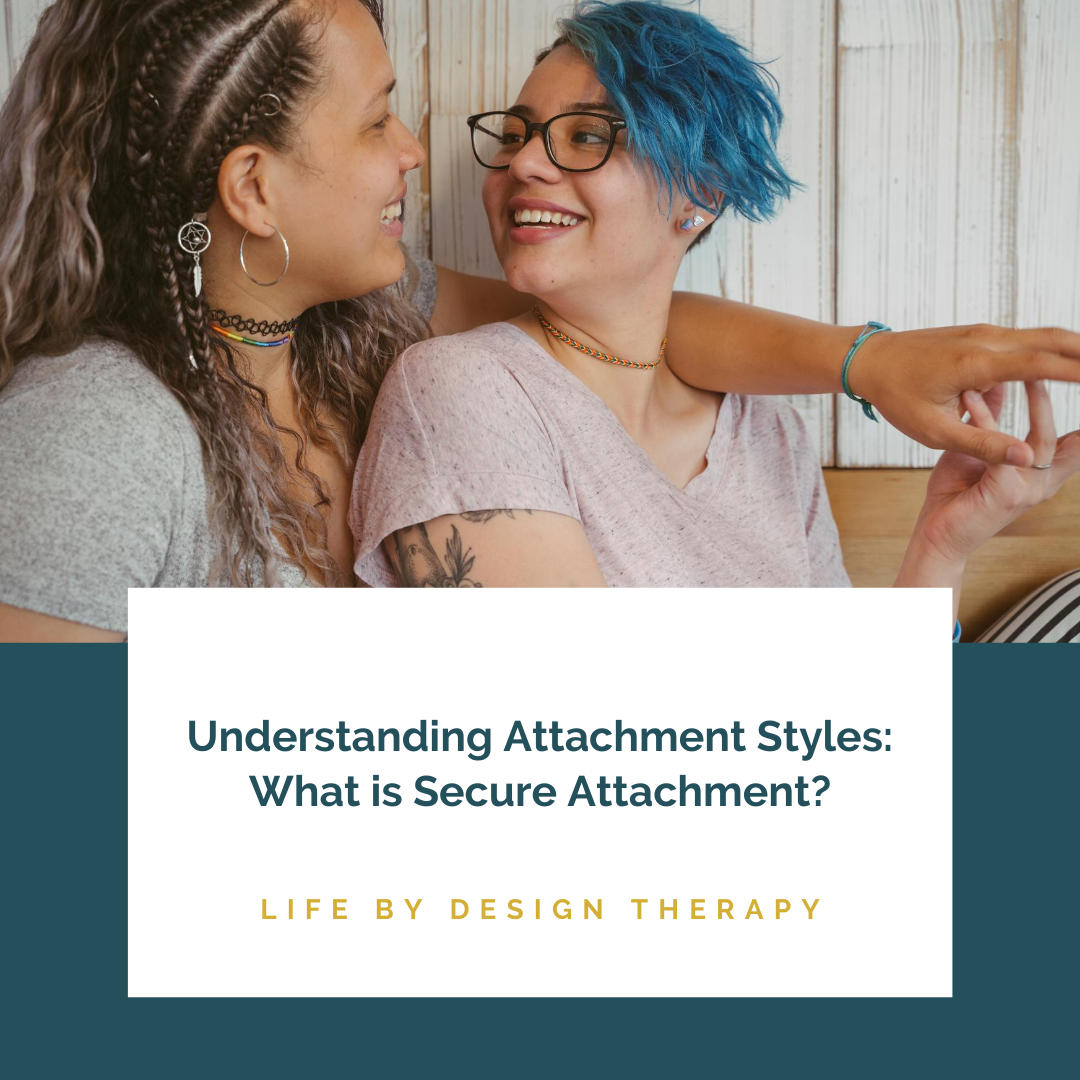By Melody Wright, LMFT
Do you ever wonder if your personal ambitions are coming at a cost to your relationship? Balancing individual goals with the needs of a partnership can be challenging, and sometimes, the scales tip too far in one direction. Understanding the signs that your personal goals might be negatively affecting your relationship can help you find a healthier balance and ensure that both your aspirations and your relationship thrives.
Here are 11 signs to watch for:
1. Increased Tension and Arguments
Are you noticing more frequent arguments with your partner? When personal goals start taking precedence over your relationship, tension can escalate. This tension can stem from underlying resentment if your partner feels undervalued or sidelined by your ambitions. Disagreements over time management, priorities, and support can become common, leading to a strained relationship and feelings of disconnect.
2. Decreased Quality Time
Spending less time together is a significant sign. If you're too focused on achieving your personal goals, the quality time you spend with your partner might decrease. You may start feeling more like roommates than partners, with separate lives that rarely intersect meaningfully. This can lead to feelings of neglect and isolation, causing a rift in your bond and connection.
3. Lack of Communication
Communication breakdown is another red flag. When personal goals dominate your thoughts, you may find it challenging to communicate effectively with your partner. For instance, imagine you're focused on advancing in your career and have less time to discuss household responsibilities with your partner. This lack of communication could lead to misunderstandings and unresolved conflicts, such as disagreements over who is responsible for certain tasks or feeling disconnected from each other's daily lives. Clear and open communication is crucial to maintaining harmony and understanding in any relationship.
4. Emotional Distance
Feeling emotionally distant from your partner? This can often happens when personal ambitions overshadow relationship needs. As you focus more on your personal goals, emotional distance can grow. You may find yourselves drifting apart, with less emotional intimacy and connection. Emotional distance can create a sense of loneliness, dissatisfaction, and unappreciation, weakening the emotional bond between you and your partner.
5. Imbalance in Priorities
Are your priorities shifting? If personal goals consistently come before your relationship, it indicates an imbalance. This imbalance can cause frustration and resentment, making your partner feel undervalued and unimportant.
6. Neglecting Relationship Responsibilities
Ignoring or postponing relationship responsibilities can be a clear sign. When personal goals take center stage, you might neglect duties and commitments within the relationship. This neglect can lead to a buildup of unresolved issues and dissatisfaction.
7. Increased Stress and Anxiety
Do you feel more stressed and anxious? Striving to achieve personal goals while maintaining a relationship can be overwhelming. This increased stress can affect both your mental health and the health of your relationship, diminishing the quality of your interactions and making it harder to be present or maintain a positive, supportive connection. For instance, deadlines at work combined with the pressure to spend quality time with your partner can create a cycle of stress that impacts your ability to relax and enjoy each other's company. Finding effective ways to manage stress and prioritize self-care is crucial to preserving both your well-being and the harmony of your relationship.
8. Diminished Intimacy
Is your intimate life suffering? A decline in physical and emotional intimacy often occurs when personal goals consume your time and energy. This can lead to feelings of rejection and frustration, further straining the relationship. For example, if you're constantly working late to meet career objectives, you might unintentionally neglect quality time with your partner, causing them to feel disconnected and unappreciated. It's crucial to balance personal ambitions with nurturing intimacy to sustain a healthy relationship.
9. Partner's Feelings of Insecurity
Does your partner seem insecure? When personal goals overshadow relationship needs, your partner may start feeling insecure and unsure of their place in your life. This insecurity can lead to trust issues and emotional turmoil. For example, if you frequently prioritize your personal goals over spending time with your partner or reassuring them of your commitment, they may begin to doubt your feelings or the stability of the relationship.
To address this, it's important to regularly reaffirm your love and commitment to your partner. Schedule dedicated time for them amidst your busy schedule, and openly discuss how you can support each other's goals while nurturing the relationship. Building trust through consistent communication and thoughtful gestures can help alleviate feelings of insecurity and strengthen your bond.
If you’re interested in more tips and strategies, check out our blog, Balancing Personal Goals & Relationships: Pursuing Dreams While Nurturing Your Relationship.
10. Lack of Support
Are you providing enough support? Balancing personal goals and a relationship requires mutual support. If your partner feels unsupported, it can lead to resentment and conflict. A one-sided relationship, where only one partner's needs are met, is unsustainable and can lead to dissatisfaction and eventual breakdown. Ensure that you offer the necessary support to maintain a healthy relationship.
11. Unresolved Conflicts
Are conflicts going unresolved? Personal goals can cause you to avoid addressing relationship issues. Unresolved conflicts can accumulate, leading to a toxic environment and potential relationship breakdown.
If you’re enjoying this blog post, check out our blog, "What Should I Do If My Partner Doesn't Support My Personal Goals?" for further insights and strategies on navigating this common relationship challenge. Discover practical advice and tips to foster understanding and mutual support in your relationship journey.
final Thoughts
Balancing personal goals with relationship needs is crucial for maintaining a healthy, supportive partnership. If you recognize these signs in your relationship, it's important to take a step back and reassess your priorities. Open communication, mutual support, and a willingness to compromise can help you find a balance that allows both your personal ambitions and your relationship to flourish.
This Weeks Affirmations
I am committed to cultivating a supportive environment where both my goals and my relationship thrive.
Awareness of potential challenges helps me navigate them with empathy and resilience, fostering a harmonious partnership.
I prioritize open communication and mutual understanding to nurture both my goals and my relationship.
Balancing personal aspirations with my partner's needs strengthens our bond and fosters mutual growth.
I respect and value my partner’s feelings as I pursue my dreams.
Additional Resources
**If you’re interested in learning more about setting personal goals and relationships, check out the books below!
The Five Love Languages: The Secret to Love that Lasts by Gary Chapman
Nonviolent Communication: A Language of Life by Marshall B. Rosenberg
The Untethered Soul: The Journey Beyond Yourself by Michael A. Singer
**Some product links are affiliate links, which means we'll receive a commission if you purchase through our link, at no extra cost to you. Please read the full disclosure here.



























